A HIPAA-compliant website ensures the privacy and security of Protected Health Information (PHI) by the Health Insurance Portability and Accountability Act (HIPAA).
It incorporates encrypted communication, secure data storage, and restricted access to sensitive information. By adhering to HIPAA guidelines, the website protects patient data and offers a safe environment for handling medical records, online consultations, and other health-related services.


For those unfamiliar, the Health Insurance Portability and Accountability Act (HIPAA) is a U.S. federal law that establishes standardized practices to safeguard patient data, including medical records and other sensitive health information.
Before proceeding, let’s take a moment to define what is considered PHI according to HIPAA rules.
Health-related identifiable demographic or genetic information.
Details regarding an individual’s physical or mental health.
Information regarding healthcare payments or financial transactions.
At NectarSpot, we prioritize the privacy and security of Protected Health Information (PHI) in compliance with HIPAA regulations. Our website uses data encryption (SSL/TLS) for secure transmission, and PHI is stored on secure servers with restricted access. Only authorized personnel can access sensitive information, and we maintain audit logs to track access.
We also ensure all third-party vendors handling PHI comply with HIPAA through Business Associate Agreements (BAAs). In case of a breach, we follow HIPAA’s notification procedures. Regular risk assessments help us maintain compliance and safeguard your data.


If your website collects any personal medical information, such as symptoms or conditions, you are dealing with PHI.
If your website receives PHI through contact forms, patient intake forms, chatbots, patient portals, reviews, tools, and live chat features, you are handling PHI.


If identifiable medical information is stored on a server connected to your website, you may be vulnerable to breaches. Furthermore, utilizing information-gathering tools or third-party trackers like Meta Pixel that access and share data without your knowledge indicates that you are storing PHI.
NectarSpot is 'Most Recommended Google Technology Solutions Providers - 2020' as per CIO Insider

Securing HIPAA-compliant hosting is a crucial first measure and your defense against protecting personal health information (PHI).
A HIPAA-compliant hosting provider will conduct regular vulnerability scans of your servers, encrypt your data at rest and in transit, implement server hardening measures, perform offsite backups, and retain logs for at least six years (as mandated by HIPAA). Most importantly, they will sign a HIPAA Business Associate Agreement with you.


To protect user information, establish site ownership, and prevent attackers from setting up fake versions of your website, getting an SSL certificate is a must.
SSL is a security protocol that creates an encrypted connection between a web server and a browser, ensuring that all data remains private. In other words, it encrypts internet traffic and verifies the identity of your server.
SSL, also known as TLS, allows websites to transition from HTTP to HTTPS, ensuring that traffic is encrypted. HTTPS websites use SSL to secure data transmission and establish trust through website authentication. Without SSL, any transmitted data is vulnerable to risks.
If your website collects data through forms or chatbots, it's likely to contain PHI. Therefore, it's essential to use HIPAA-compliant online forms. These forms encrypt PHI into unreadable text, only accessible with an encryption key, protecting it from unauthorized access. When using HIPAA-compliant form vendors, a signed business associate agreement (BAA) is also required.
A web form is any type of information-gathering form that a patient or client completes. Examples include desktop or mobile forms, pre-appointment health surveys, patient portals, and live chat services that collect medical or insurance details.


If your vendors or service providers store, transmit, or access your PHI, you are required to sign a BAA with them to establish legal accountability, safeguard your business, and comply with HIPAA regulations.
However, your responsibility doesn't stop there. It's wise to ensure your business associates have adequate safeguards for PHI. You can conduct audits, request risk assessments, and obtain proof that your PHI remains secure with them.
Vendors who may need a BAA include:
Hosting service providers
Cloud storage providers
Digital marketing firms - NectarSpot Signs BAA
IT vendors
File sharing vendors
Email encryption services
Medical answering services


Access to PHI on your website should be restricted to authorized individuals with unique access controls. While your web hosting provider may access PHI, a BAA must govern that relationship.
If your website collects PHI and shares it with various members of your organization, it’s essential to know who can access that data. Is the information secure during transit? Can anyone with access to your email or messaging systems view this data?
Implementing unique, secure logins with multi-factor authentication is essential to restrict access to authorized personnel only. Periodic audits of logins and data access are also recommended.
Implementing a system for securely storing, transmitting, and deleting PHI is critical. Data must be encrypted during storage or archiving, and only authorized individuals with the right keys should have access to it.
This also helps ensure the security of your backups. Encrypting data reduces your liability in the event of a security breach. As mentioned earlier, an SSL certificate can assist you in complying with HIPAA’s data transmission security requirements.



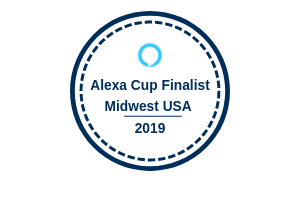


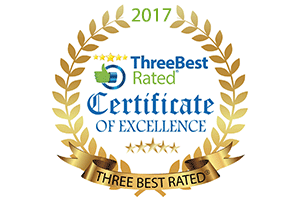







To ensure your website is HIPAA compliant, start by choosing a HIPAA-compliant hosting provider that offers secure data transmission with SSL certificates and encrypted data storage. Implement strict access controls, including unique logins and multi-factor authentication, and establish Business Associate Agreements (BAAs) with any vendors handling PHI.
Regular audits and monitoring of access logs are crucial for identifying unauthorized access. Additionally, create a secure backup system for PHI, conduct staff training on HIPAA regulations, and perform regular risk assessments to address vulnerabilities. By following these best practices, you can effectively protect patient information and meet HIPAA standards.




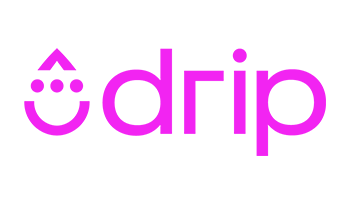

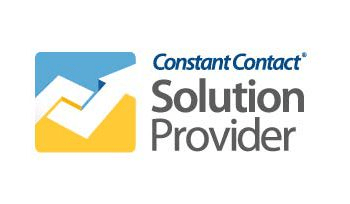

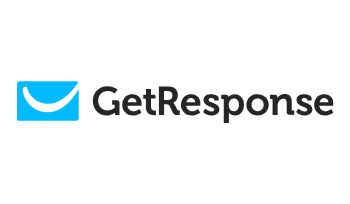

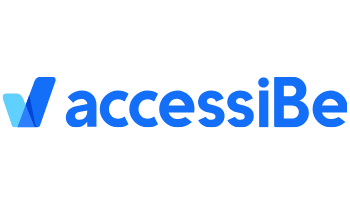

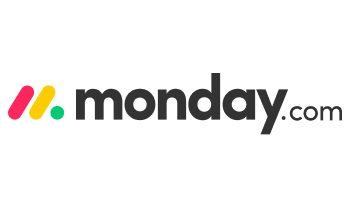

Ready to switch to Health & Wellness Agency that gets it?
Copyright © 2025 Website by NectarSpot Inc.